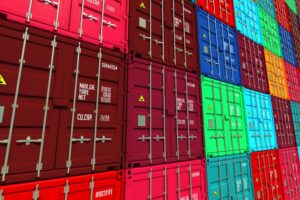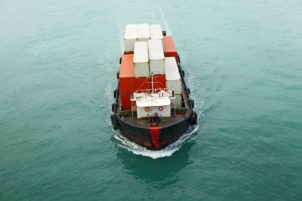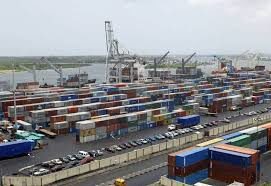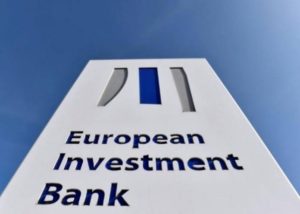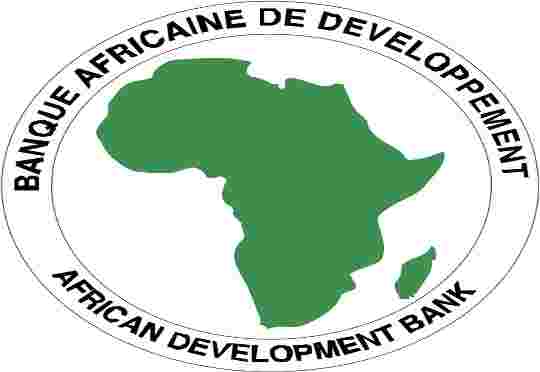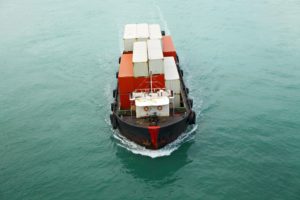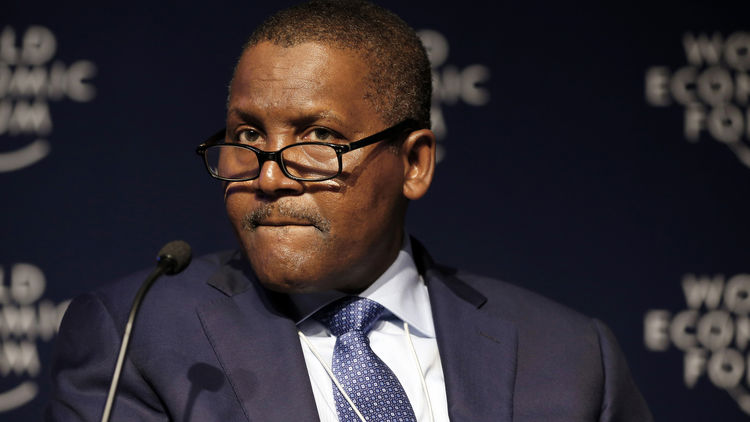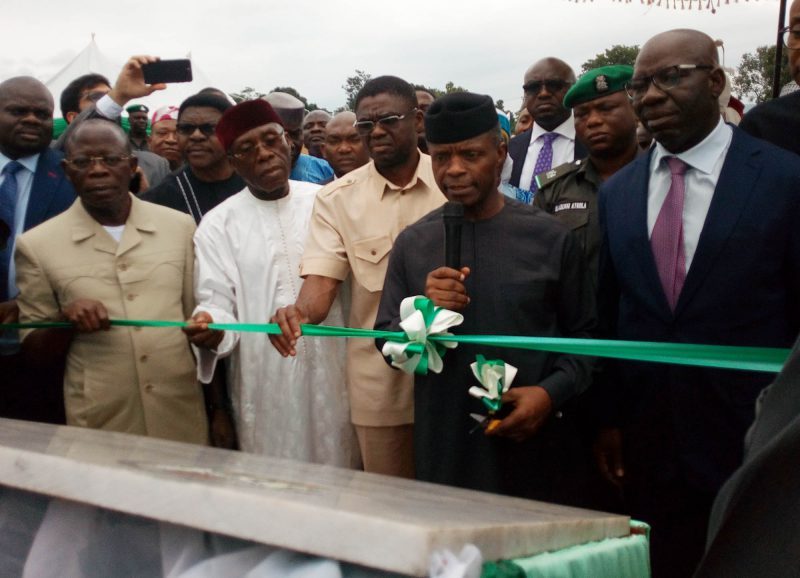How to Access the Central Bank of Nigeria Non-oil Export Fund
The Central Bank of Nigeria (CBN) has issued a guideline to access its Non-Oil Export Stimulation Facility (NESF). The fund was introduced to diversify the revenue base of the economy and to expedite the growth and development of the nation’s non-oil export sector.
This was disclosed in a document published on the apex bank’s website. The facility, according to the document, will help redress the declining export financing and reposition the sector to increase its contribution to economic
development.
Objectives of the CBN Non-oil Export Fund
* Improve access of exporters to concessionary finance to expand and diversify the non-oil export baskets;
* Attract new investments and encourage re-investments in value-added non-oil exports production and non-traditional exports;
* Shore up non-oil export sector productivity and create more jobs;
*Support export-oriented companies to upscale and expand their export operations as well as capabilities; and
* Broaden the scope of export financing instruments.
Who qualifies for the fund?
* Firms that are duly incorporated in Nigeria under the Companies and Allied Matters Act (CAMA) and have verifiable export off-take contract(s).
* Satisfactory credit reports from at least two Credit Bureaux in line with the provisions of CBN Circular BSD/DIR/GEN/CIR/04/014 dated April 30, 2010.
* All applications shall be in compliance with CBN circulars BSD/DIR/GEN/LAB/07/015 and
BSD/DIR/GENLAB/07/034 on “Prohibition of Loan Defaulters from Further Access to Credit Facilities in the Nigerian banking System” and “Guidelines for Processing Requests from DMBs to Extend New/Additional Credit Facilities to Loan Defaulters and AMCON Obligors” dated June 30, 2014 and October 10, 2014, respectively.
Eligible Transactions
* Export of goods processed or manufactured in Nigeria;
* Export of commodities and services, which are allowed under the laws of Nigeria and do not violate the principles of non-interest banking and finance;
* Imports of plant & machinery, spare parts, and packaging materials, required for export-oriented production that cannot be sourced locally;
* Resuscitation, expansion, modernization, and technology upgrade of non-oil export industries;
* Export value chain support services such as transportation, warehousing and
quality assurance infrastructure;
* Working capital/stocking facility; and
Participating Financial Institutions (PFIs)
* Non-Interest Banks (NIBs).
* Non-Interest Development Finance Institutions (NI-DFIs).
Features of the NESF
* Financing Limit Term financings under the Facility shall not exceed 70% of verifiable total cost of the project subject to a maximum of ₦5,000,000,000.00.
Tenor
The NESF shall have a tenor of up to 10 years and shall not exceed the 31st December 2027.
Working capital/stocking facility shall be for one year. Where applicable, the facility can be rolled-over twice on a reducing balance basis of 33.3% of the original amount.
Repayment
Repayments of principal and return shall be quarterly and in accordance with the agreed repayment schedule.
Moratorium
* Moratorium shall be project-specific and shall not exceed two (2) years.
* In case of construction, additional moratorium of up to one (1) year may be allowed, subject to approval by the CBN.
* Rates of Return: The Facility shall be granted at an all-inclusive rate of return of 9% per annum.
Application Procedures
A PFI shall submit an application to CBN on behalf of its customer in the prescribed format.
In the case of financing syndication, the lead bank shall submit an application on behalf of other banks. All correspondence with respect to the application shall be with the lead
bank.
Each request for a facility is to be accompanied by the following documents:
a) Written request from the project promoter to a PFI seeking financing under the NESF.
b) Completed application form.
c) Certified true copies of documents on business incorporation.
d) Three (3) years tax clearance certificate.
e) Audited statement of accounts for the last three (3) years (where applicable) or the most recent management account for companies less than three (3) years in
operations.
f) Feasibility study/ business plan of the project.
g) Relevant permits/ licenses/ approvals (where applicable).
h) Verifiable export orders/ contracts or other export agreement and arrangements/ commitments.
See details of the guidelines here
Importer of Record Services in Nigeria
Industrial Renaissance provides overseas companies and multinationals with a full importer of record services in Nigeria through which the team does the following:
- Carry out a full legal compliance assessment;
- Identify Nigerian import permits, licenses or compliance requirements;
- Obtain necessary documentation, import licenses and permits as required in Nigeria;
- Prepare filings to the Nigerian Customs, tax authorities and other relevant government agencies;
- Pay the assessed import duties and taxes on clients’ behalf on the goods imported;
- Provide storage and warehousing services in Nigeria, if required by client;
- Provide all local support required to clear shipments;
- Perform the last-mile delivery to the end user in Nigeria.
The following transactions require importer of record services in Nigeria:
- Shipping of consumer products, pharmaceutical products, industrial equipment, service parts, etc. to a Nigerian branch or representative office in Nigeria that is not registered for tax purposes in Nigeria;
- Shipments to customers in Nigeria who do not have import permits in Nigeria.
ADVANTAGES AND BENEFITS:
- Industrial Renaissance Importer of Record (IOR) services save clients the costs of establishing legal entities in Nigeria, as well as the costs of rent or acquisition of office space and warehouse, staff salary, taxes, pensions, hardship allowances, etc.
- We performs compliance assessment to define import restrictions (import licenses, import permits, and certification requirements), as well as acquisition process and timeline for permits and certification, customs taxes, duties and charges.
If your company doesn’t have a physical presence in the Nigeria, this can cause you many unwanted complications and expenses. Importer of Record services as provided by Industrial Renaissance Ltd. can offer representation as your company’s officially recognized legal entity in Nigeria.
For enquiries on Importer of Record Services in Nigeria, please, contact a member of our team directly, WhatsApp +234 818 701 9206, or email at invest@indusren.com.
European Investment Bank in Nigeria
EUROPEAN INVESTMENT BANK PLANS €700 MILLION INVESTMENT IN NIGERIA
Ms Isabelle Grunderbeeck, the Regional Representative for West Africa of European Investment Bank (EIB), says the bank plans to invest 700 million euros in some identified projects in Nigeria.
Grunderbeeck disclosed this at the bank’s interactive meeting with its clients and other stakeholders in Abuja on Tuesday.
She said that the planned investment was in addition to the fund already committed to the Nigerian economy.
“EIB is currently identifying new projects for a total amount of 700 million euros on top of the funds already committed.
“We finance large infrastructure project, and we are also important financier of climate, we are looking into the renewable energy sector of the economy,” she said.
The official said that the bank had so far invested 296 million Euros in Small, Medium Enterprises (SMEs) in Nigeria in the last eight years.
She said that the European Investment Bank in Nigeria had also invested 87 million euros in 65 companies through the investment funds.
“Since 2010, EIB disbursed 296 million euros under seven facilities signed with nine Nigerian banks and 210 million euros for 50 sub-projects disbursed to be on-lent in foreign currency.
“Average allocation amount per project was 4.5 million euros.
“It was spent on wholesale and retail trade, education, manufacturing, construction, transportation, accommodation, human health, information and communication, electricity and gas, agriculture, scientific and technical activities.
“In 2018, EIB disbursed 17 million euros equity participation in Development Bank of Nigeria funding intermediaries for on lending to Micro Small and Medium Enterprises in local currency,” she said.
The EU Ambassador to Nigeria and ECOWAS, Mr Ketil Karlsen described the bank’s investment in Nigeria as valuable addition to the existing cooperation between the EU and Nigeria.
Karlsen said that Nigeria had the largest EIB investments in the African Caribbean and Pacific (ACP) countries.
“With development cooperation through policy dialogue and many efforts, the biggest investment bank in the world is engaging more decisively with Nigeria; this is a wonderful progress that we are seeing now.
“If you look at the figure and the continuous engagement of the bank in Nigeria and its increasing portfolio, Nigeria is number one country in the ACP that is having the bank’s support for private businesses.
“And we are doing this in order to find a lasting solution to the migration problem in the country; the bank is creating opportunity for the youth in the country to be engaged.
“The investment will help to address the challenge of migration and to provide long term solution to the irregular migration issue, this is the best opportunity,” he said.
Source: Todayng
ALSO READ: Nigeria: African Development Bank approves US$100 million for expansion of fertilizer production
European Investment Bank in Nigeria
Importer of Record (IOR) in Nigeria
IMPORTER OF RECORD (IOR) IN NIGERIA
Importer of Record in Nigeria (IOR) is the entity that assumes the responsibility for legally importing goods into the Nigerian territory, paying duties, tariffs, and fees, and ensuring they are properly valued and documented.
Industrial Renaissance provides a comprehensive range of importer of record services in Nigeria and freight forwarding solutions to ensure your exports to Nigeria are successfully managed – from ordering to storage, delivery and waste management. We will manage the entire process to get your exports delivered to the actual recipient, meaning you save cost and time in organizing exports to Nigeria.
WHO IS AN IMPORTER OF RECORD (IOR) IN NIGERIA?
An importer of record (IOR) in Nigeria is an entity whose responsibility is to:
- Carry out a full legal compliance assessment of the cargoes sought to be imported into Nigeria;
- Identify import permits, licenses or compliance requirements in Nigeria;
- Obtain necessary documentation, import licenses and permits as required;
- Prepare filings to the Nigerian Customs, tax authorities and other relevant government agencies;
- Pay the assessed import duties and taxes on the exporter’s behalf on the goods imported into Nigeria;
- Provide storage and warehousing services in Nigeria, if required by the client;
- Provide all local support required to clear shipments;
- Perform the last-mile delivery to the end user in Nigeria.
Industrial Renaissance Ltd is an importer of record (IOR) in Nigeria (the largest market in Africa), for enquires contact a member of the Industrial Renaissance team directly, WhatsApp +234 818 701 9206, or email at invest@indusren.com.

